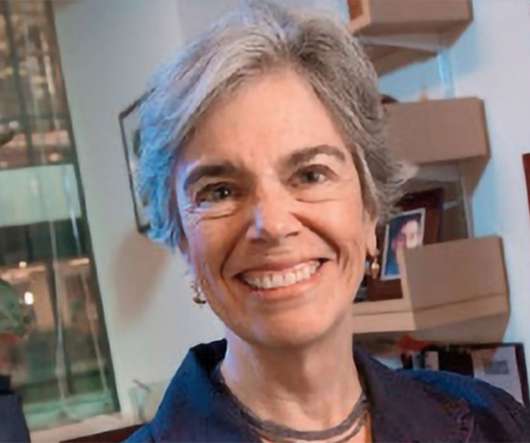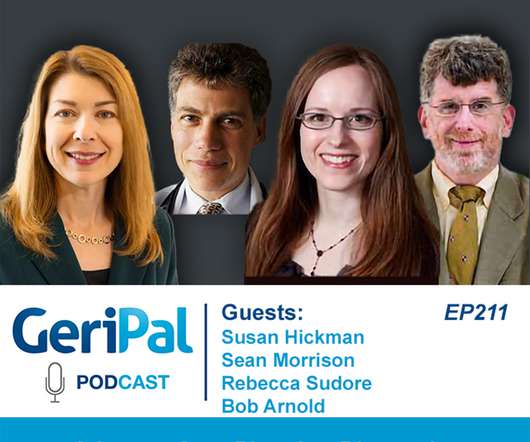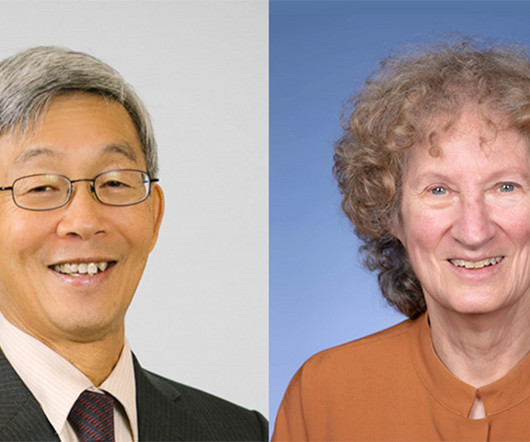POA: Understanding the Need for Essential Documents
Traditions Health
APRIL 15, 2024
What you need to know about power of attorney Planning for your future healthcare needs isn’t always easy, but it is important. Types of powers of attorney The law on powers of attorney varies from state to state but generally, there are two main types of POAs: financial POAs and healthcare POAs.




















Let's personalize your content